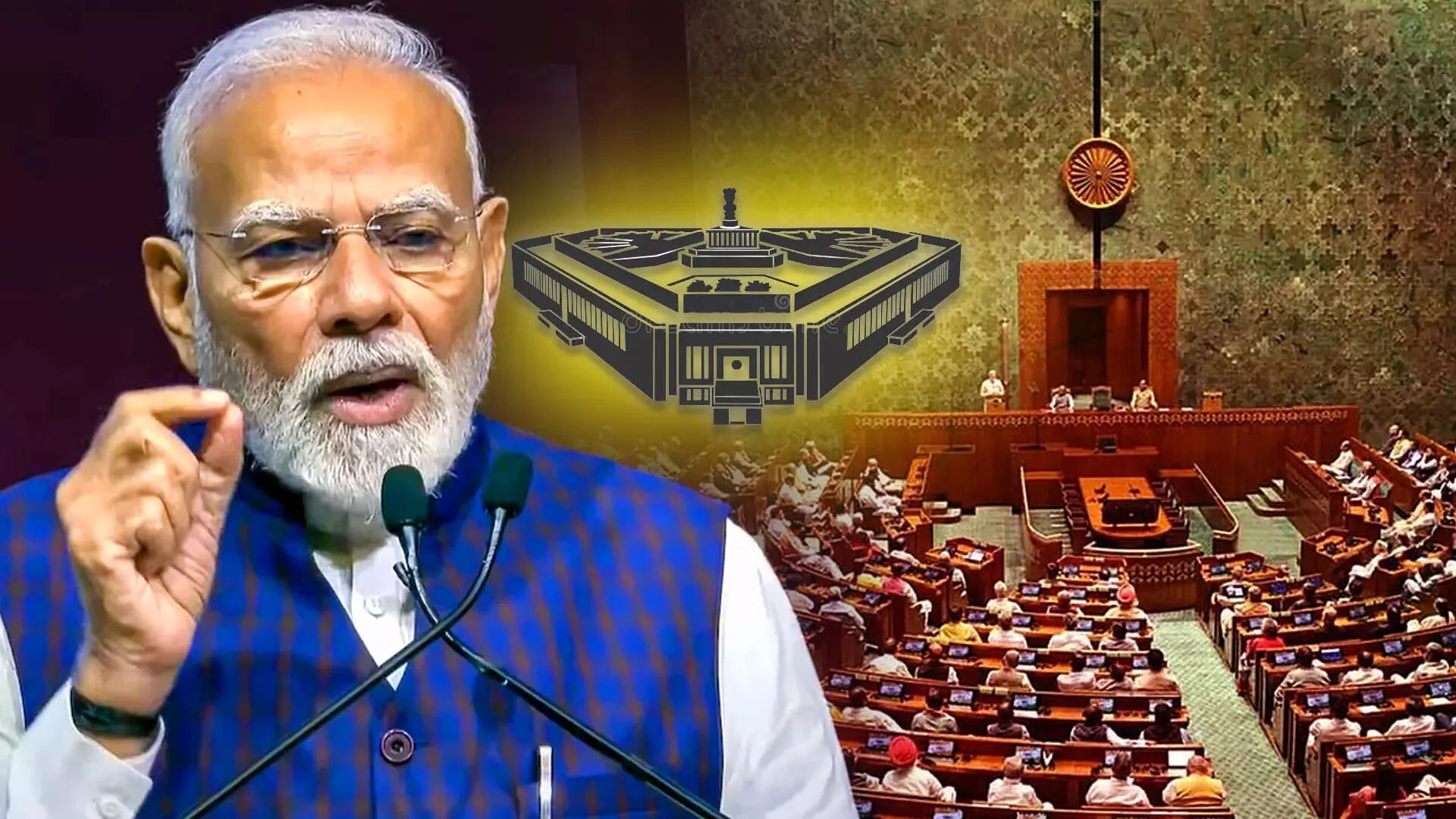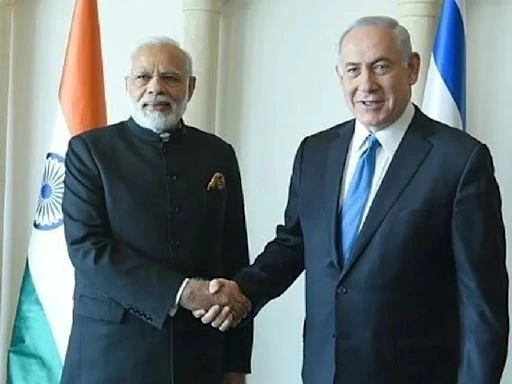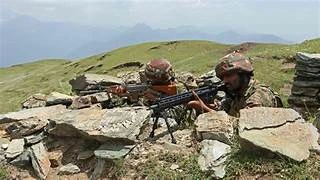01-AUG-2025, 01:00PM
In a powerful and emotionally charged statement, senior Shiv Sena (UBT) leader Arvind Sawant questioned the functioning of the Indian judicial and investigative systems after the recent acquittal of the accused in the 2006 Malegaon blast case. Expressing frustration and disbelief, Sawant asked, “When will you discover the actual accused?”—a pointed query that has now sparked national debate over the delivery of justice in terrorism-related cases.
Arvind Sawant, a vocal member of Parliament and former Union Minister, has brought the focus back on the Malegaon blast, which killed 37 people and injured over 100. His criticism resonates with many who are seeking answers about how and why key accused walked free after nearly two decades.
Arvind Sawant Reacts Strongly to Acquittal in Malegaon Case
Arvind Sawant : Frustration Over Delay and Justice Denied
Arvind Sawant’s response came soon after the court acquitted all accused in the Malegaon 2006 blast case, citing lack of concrete evidence. The verdict has been received with mixed reactions—relief by the families of the acquitted, but also grief and confusion among the victims’ families.
In a scathing remark, Arvind Sawant questioned the direction of the investigation, alleging that innocent people were arrested and vilified while the real perpetrators remain unknown. He demanded accountability from the agencies involved, stating, “If they were not guilty, then who killed those 37 people? When will the real accused be identified and brought to justice?”
Arvind Sawant : A Pattern of Failures in High-Profile Terror Cases
This is not the first time Arvind Sawant has raised concerns over prolonged trials and eventual acquittals in high-profile terrorism cases. The Malegaon case is one among many where the prosecution has failed to establish guilt beyond reasonable doubt, leading to years of incarceration for those who are later declared innocent.
Sawant warned that such outcomes erode public trust in the system and embolden perpetrators who exploit loopholes in investigative procedures.
Arvind Sawant : Background – What Was the Malegaon Blast Case?
A Tragic Day in Maharashtra’s History
On September 8, 2006, twin bomb explosions shook the town of Malegaon in Maharashtra. The blasts occurred near a cemetery and a mosque during Friday prayers, killing at least 37 people and injuring over 100. Initially believed to be the handiwork of Islamic extremist groups, the case took multiple investigative turns over the years.
Several Muslim men were arrested in the early days, only to be acquitted years later. Later, the focus shifted to Hindutva-linked outfits, adding communal and political complexity to the case.
Multiple Agencies, Shifting Narratives
The Malegaon blast case changed hands from Maharashtra Police to ATS, and finally to the National Investigation Agency (NIA). With each agency came new theories, suspects, and narratives, leading to massive public confusion and legal delays.
Arvind Sawant highlighted this institutional chaos in his remarks, stressing that shifting blame between agencies and making arbitrary arrests has only deepened the wounds of the victims’ families.
Arvind Sawant Calls for Overhaul in Investigation Mechanisms
Demand for Accountability from Investigative Agencies
Arvind Sawant’s remarks are more than just emotional rhetoric—they point towards systemic flaws in India’s investigation mechanisms. He called on the Union Government and Home Ministry to introspect and introduce reforms that ensure fair, speedy, and accurate investigations in terror cases.
He also demanded that agencies be held accountable for wrongful arrests. “Who will give back those years of life to the men who were falsely accused and kept behind bars?” Arvind Sawant questioned.
Rebuilding Public Trust in Law and Justice
Sawant stressed that if people lose faith in the judiciary or the police, democracy itself is in danger. He urged civil society and legal experts to come forward and pressure the system for greater transparency.
“Justice delayed is not only justice denied but also justice mocked,” he said, urging courts to fast-track pending terror cases and bring closure to hundreds of families.
Political and Public Reactions Across India
Support from Political Allies
Several political leaders, especially those from the opposition and secular parties, echoed Arvind Sawant’s sentiments. Leaders from Congress, RJD, and even CPI(M) said the Malegaon case is a grim reminder of how communal narratives can derail genuine investigations.
They called for an independent probe into how the case was handled and who should be held responsible for the series of mistakes.
Victims’ Families Still Wait for Closure
The families of the blast victims are the ones most affected by the acquittals. Many expressed helplessness after hearing the verdict. They believe justice has not been served and demanded a reinvestigation.
Arvind Sawant has called for government support for these families, including compensation and counseling, especially since many of them are still dealing with trauma nearly two decades later.
Conclusion
The acquittal of the accused in the Malegaon blast case has reignited conversations around the reliability of investigative procedures in India’s justice system. Arvind Sawant, known for his bold and forthright views, has once again raised the right questions: Who were the real perpetrators? Why were innocent lives ruined? And when will our institutions rise above politics to deliver fair justice?
The questions posed by Arvind Sawant deserve answers—not just for the sake of political correctness, but for the citizens of India who rely on the system for safety, dignity, and justice. The Malegaon blast case cannot be allowed to become another unsolved chapter in India’s long struggle with terrorism and justice.
Source : ANI





